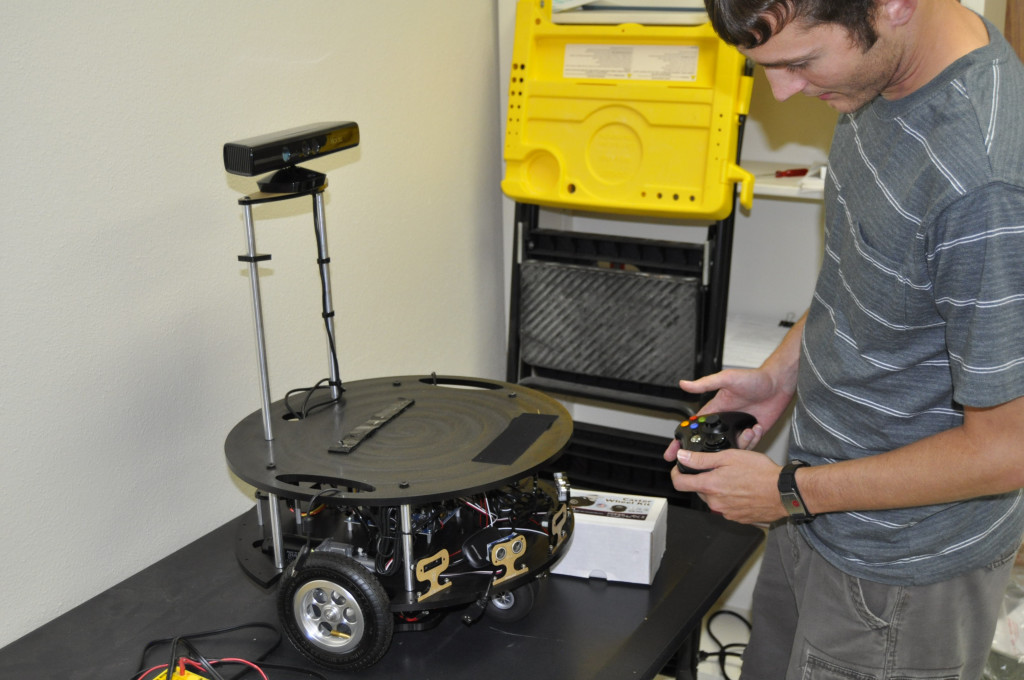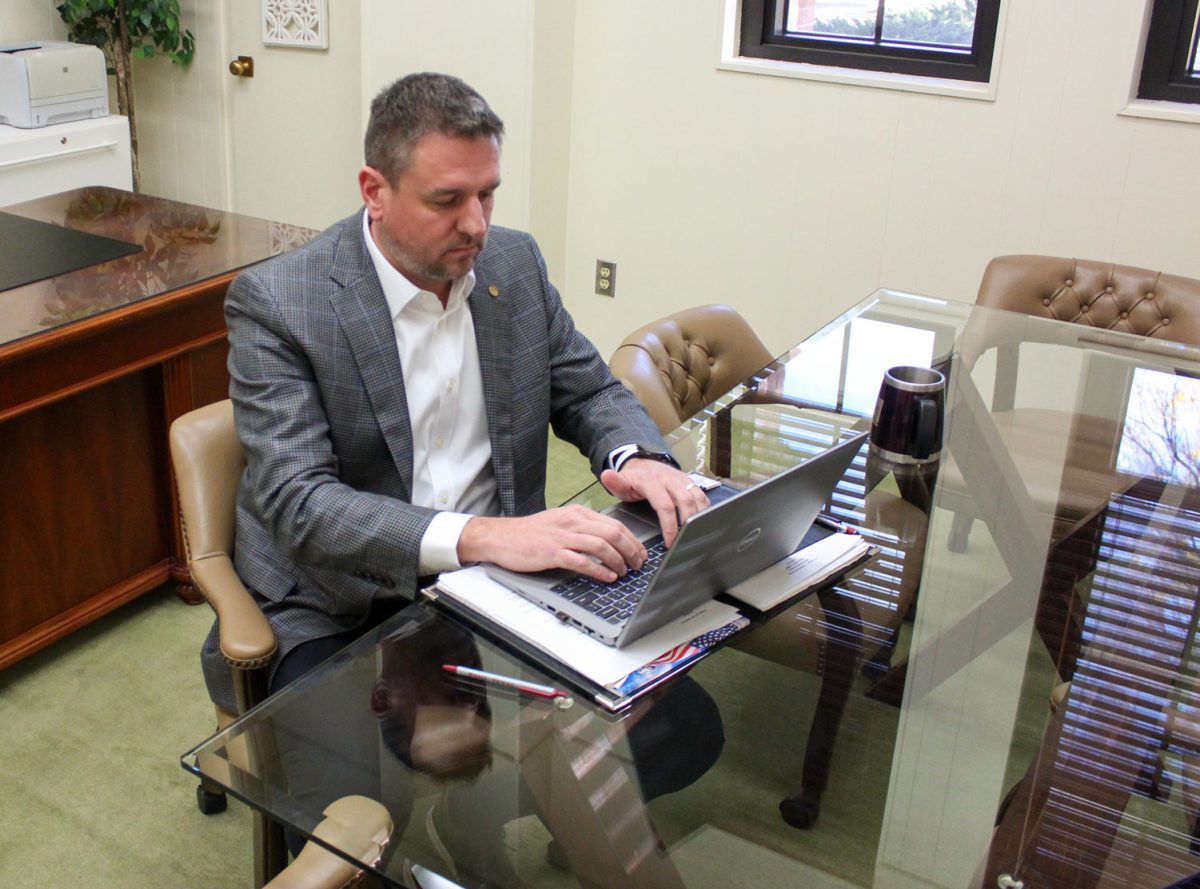
To retain accreditation with the university’s national accrediting agency, university officials created an undergraduate research program, Enhancing Undergraduate Research Endeavors and Creative Activities, last spring.
As part of the last steps of an accreditation process that began in 2006, the Quality Enhancement Plan laid out a strategy for identifying and correcting weaknesses — including lack of undergraduate research — identified by earlier committees.
In just five months EURECA has gone from a committee idea, brought on by the April Southern Association of Colleges and Schools visit, to a donor funded university backed program led by Magaly Rincón-Zachary, director of undergraduate research.
“Undergraduate research is one of those activities that enhances the learning and enriches the experience while they are here,” Rincón-Zachary said.
Rincón-Zachary knows undergraduate research well. As a professor of biology, she is essential to the summer UGROW program, a precursor to EURECA.
“One of the main ideas is to enhance the collaboration between student and faculty,” Rincón-Zachary said. “Out of the 33 applications received, 12 projects were selected. Of those 12, only two were original ideas from students.”
Andrew Brinkman, senior in music education, is doing his research over the use and development of the pentatonic scale through the works of Antonin Dvorak.
Bolin Distinguished Chair of Piano Ruth Morrow mentors Brinkman who is working alone on his research.
Brinkman said it was “awesome” when he found out the committee accepted his application.
“To be able to put this on my grad school resume is very nice,” Brinkman said.
Some projects have more than one student per teacher, some have two or three working with one professor as their mentor.
Michael Grayson, senior in computer science, is working with two other students under the guidance of Assistant Professor Tina Johnson.
Grayson and Johnson, along with their group, are working on the next step of an ongoing project in the computer science department. They are attempting to control an Eddie Platform robot, built in their department, with an Emotiv Insight EEG headset.
Research is no short-sited feat, though, and their research group is already thinking ahead.
For the fall, their goal is to control a TV with the headset. “Then we would like to reapply for an extension with EURECA. Whether we get it or not, were going to continue in the spring and hope to control the robot,” Johnson said.
“Even if we weren’t going through EURECA, we were going to do this project anyway,” Johnson said. “So EURECA just helped us out to get it going and further it.”












